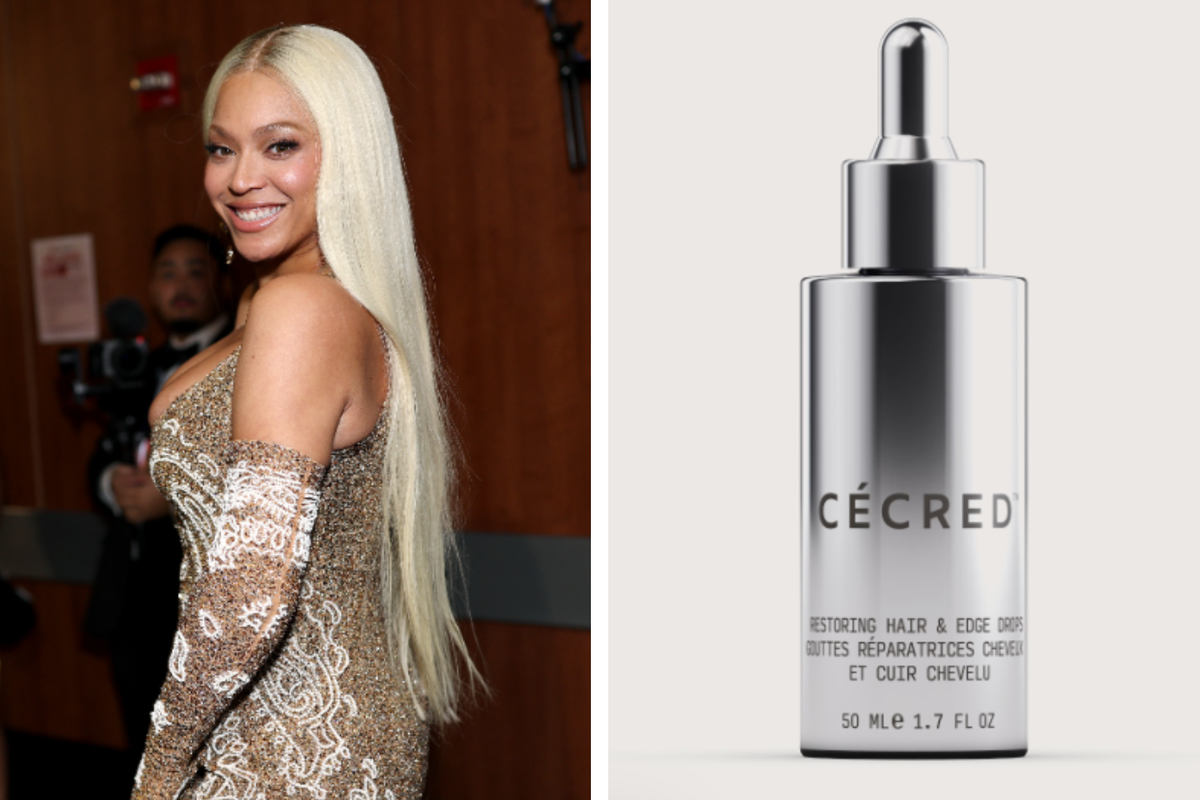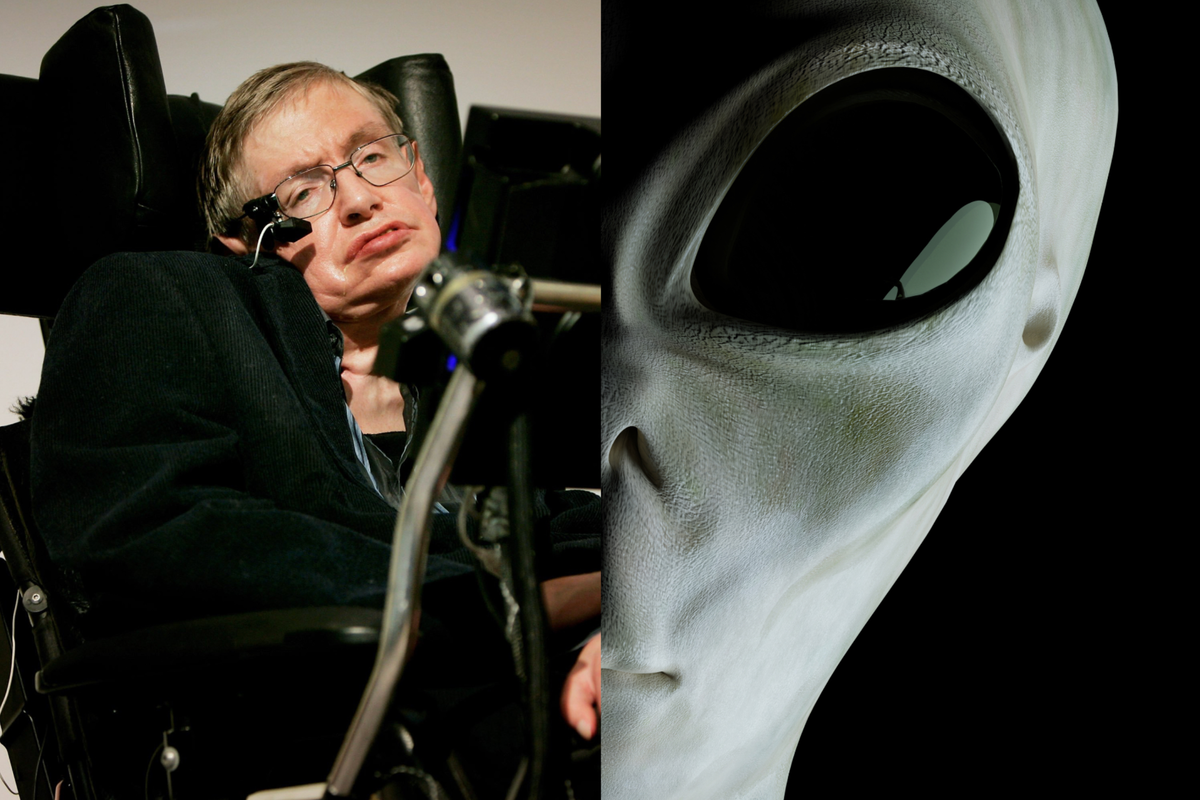Science & Tech
Mimi Launder
Mar 14, 2018
Black Mirror is a series often terrifying, bleak and far too close to home for comfort.
For most, the worst storylines from the futuristic, dystopian TV show stay happily confined to their nightmares. But, for people in China, one disturbing episode might actually be about to come true.
'Nosedive', the first episode from season three, is set in a world where an app allowing you to rate everyone out of five becomes so ingrained in daily life that you are fundamentally judged by your personal rating, whether low or high.
Having a good score means you can qualify for luxury apartments, while if you lose your temper or associate yourself with low-rated people, your score will drop and you will be excluded from the more appealing parts of society.
Every act you commit is judged by the people you encounter, whether it's co-workers you greet in a lift or the barista serving you coffee. The episode starts off serene and suburban, but – as you might have guessed – the rating of the main character, Lacie (played by Bryce Dallas Howard), nosedives and plummets her into a living nightmare.
This digital dystopia may soon become a reality for people in China.
The Chinese government is building a 'personal credit' rating, according to The Telegraph.
Zhima Credit – which is associated with Alipay, the main form of mobile payment in China – will give users a score between 350 (low) and 950 (high).
People with higher scores will be rewarded with perks, such as skipping the security check line at Beijing Capital Airport, according to an article for Wired written by Mara Hvistendahl.
Paying your debt will give you a good rating, as will your degree, what you buy and – most disturbingly – the company you keep.
Li Yingyun, the technology director of Ant Financial, the company behind the system, told the Chinese magazine Caixin that playing video games for hours on end could lower your rating.
Though users opt-in to the service, Ant Financial united with the Chinese government by integrating a blacklist of more than 6 million people who have defaulted on court fines into Zhima Credit's database.
Journalist Liu Hu, who had been sued for defamation in 2015 and was still on the list despite paying the fine, found that he had a bad score despite not signing up for Zhima Credit – and it rendered him a "second-class citizen". Hvistendahl wrote for Wired:
He was banned from most forms of travel; he could only book the lowest classes of seat on the slowest trains. He could not buy certain consumer goods or stay at luxury hotels, and he was ineligible for large bank loans.
The article continued:
The way Zhima Credit is designed, being blacklisted sends you on a rapid downward spiral.
Hvistendahl tried the system herself. Due to her middling score, which apparently put her in the category of 'common folk', she had to pay a $30 deposit before she could ride a bike, popular in China's bike-sharing culture, as well as pay deposits to stay in hotels or rent GoPros.
She was told by a woman with a high score that being friends with high-scoring people would boost her rating, potentially allowing her access to favourable apartment rentals and terms on loans.
First your score drops. Then your friends hear you are on the blacklist and, fearful that their scores might be affected, quietly drop you as a contact.
The algorithm notices, and your score plummets further.
Lucy Peng, Ant Financial's chief executive, was quoted in Ant Finacial as saying that Zhima Credit will:
Ensure that the bad people in society don’t have a place to go, while good people can move freely and without obstruction.
As it is written, so it shall be.
More: The reason why Black Mirror is called 'Black Mirror' will blow your mind
Top 100
The Conversation (0)















